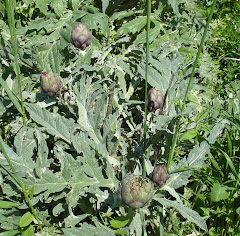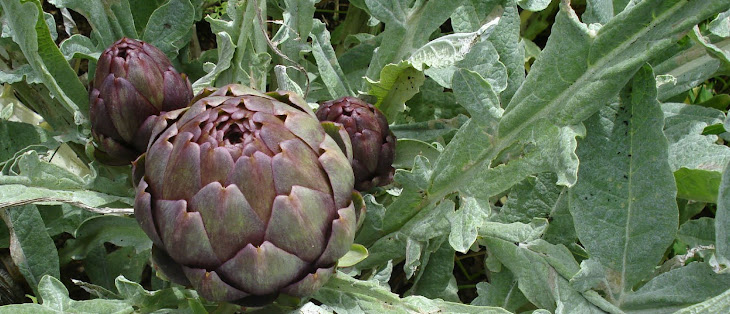I know everyone wants to help the shattered lives and economy of Haiti following the earthquake there earlier this year, but I’m afraid that, having been alerted to this by Gaiashope, I find it hard to trust the motives of Monsanto in ‘donating’ corn and tomato seeds to the farmers on the island. According to the Food Freedom website, Chavannes Jean-Baptiste, spokesperson for the peasant farmers’ movement, has called Monsanto’s involvement “a very strong attack on small agriculture, on farmers, on biodiversity, on Creole seeds…, and on what is left [of] our environment in Haiti”. Monsanto have responded to criticism by saying that they are not supplying genetically modified seeds. However, Food Freedom reports:
The hybrid corn seeds Monsanto has donated to Haiti are treated with the fungicide Maxim XO, and the calypso tomato seeds are treated with thiram. Thiram belongs to a highly toxic class of chemicals called ethylene bisdithiocarbamates (EBDCs). Results of tests of EBDCs on mice and rats caused concern to the U.S. Environmental Protection Agency (EPA), which then ordered a special review. The EPA determined that EBDC-treated plants are so dangerous to agricultural workers that they must wear special protective clothing when handling them.
It’s hard to imagine that in the difficult circumstances following the earthquake farmers will have the training and protective clothing to handle these seeds. Also, hybrid seeds are not suitable for seed saving, so the farmers will become dependent on Monsanto for future years’ seeds, which presumably will have to be paid for. As one Haitian farmer told Food Freedom: “People in the U.S. need to help us produce, not give us food and seeds. They’re ruining our chance to support ourselves.” Haitian farmers have threatened to burn the seeds when they arrive. I hope that they can be given seeds by more philanthropic organisations, so that they can re-establish their agriculture without the influence of a large commercial organisation which is known all over the world for trying to make profits out of small farmers.
First garlic bulb and a tiny first aubergine
 |  |  |
I pulled up our first garlic bulb this morning – it’s not very big, but it’s a lot bigger than the ones we’ve grown before! We’ll leave the tiny aubergine to get bigger than that. And the Luque olive tree is covered with flowers like these – a good sign for the autumn crop.








6 comments:
And next years seed will be GM, so that the farmers also have to buy the chemicals to keep the plants alive!
I think "imoral" is the word we are looking for......
What an appalling state of affairs!
Why does it seem that agribusiness can't seem to grow some ethics?
Just when I thought Monsanto couldn't be any less ethical.
Q: Why does it seem that agribusiness can't seem to grow some ethics?
A: Because, finding ethics less profitable than bullying, they have selected against it through genetic modification.(IMHO)
You know what,
If you need some seed, I can send you some, it's free and organic, no poison inside. I don't have much, but If I can help, it will be with pleaser.
I am really wondering what will happen there... will they resist?
it must be very tempting to accept this offer - I think... especially, that possibly there will be also lots of pro arguments...
..........
I wonder what will you do with olives in the autumn... any previous posts about it?
Post a Comment